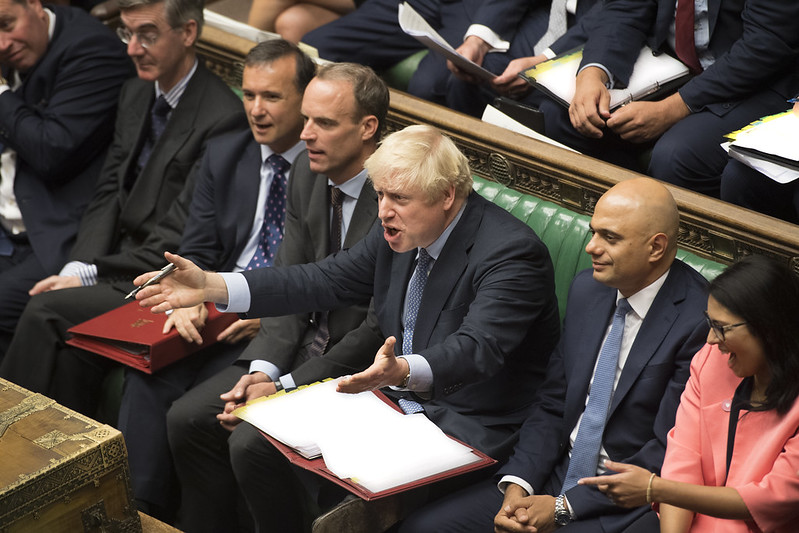28 October 2019 | UK NEWS
The European Council has confirmed its intention to grant an extension to the Brexit process under Article 50 until 31 January 2020, as commensurate with the date set out in the letter that Parliament instructed the Prime Minister to write in the Benn Act. The Prime Minister did not sign this letter, but instead sent another indicating that he did not support either its wording or its intent.
This extension has been termed a “flextension”, given that it allows the UK to depart on 30 November, 31 December or 31 January, if the Withdrawal Agreement has been ratified by any of those dates. The announcement, which first reached the airwaves in a tweet from Donald Tusk, the President of the European Council, has put paid to Boris Johnson’s “do or die” pledge to leave the EU on 31 October. Extraordinarily, the Leader of the Opposition told the Prime Minister across the Dispatch Box that: “He said he would never ask for an extension and he said he would rather die in a ditch – another broken promise.” We at Wolves suggest that Mr Corbyn would appear to have little sense of irony.
The text of the agreement also reminds the UK that it remains committed to all of its responsibilities as a Member State while it is still in the EU, including the appointment of a Commissioner. It also sets out a condition that the Withdrawal Agreement as it stands cannot be re-opened for negotiation. We at Wolves would hope that Opposition parties potentially seeking to amend the Withdrawal Agreement Bill, as it passes through Parliament, might bear this in mind.
In Parliament tonight, following a rancorous debate, MPs voted on the Prime Minister’s third attempt to ask for a General Election under the Fixed-Term Parliaments Act, with a result of 299 votes to 70. The bulk of Labour MPs abstained, and accordingly this did not produce the required two-thirds majority of 434 MPs in favour, so tonight’s vote will not precipitate a General Election on 12 December. In response, the Government has announced that it will bring forward a one-line Bill tomorrow to amend the FTPA, calling for an election on 12 December that would require only a simple majority of MPs to pass it.
Wolves understands that the opposition to a 12 December date on the part of Opposition parties, with 9 December being preferred instead, is due to the fact that many university terms will have ended in the intervening days, leading potentially to confusion as to where students ought to be entitled to vote. The Government has responded to this claim by suggesting that the country’s 40 biggest universities would not in fact have ended their terms by this date.
Also in the Commons tonight, Liberal Democrat Leader Jo Swinson appeared to row back from a second referendum, admitting that while she would “dearly wish” for the numbers in the House to support such a vote, they simply were not there, and that an election may now be the best way forward as an alternative. As it stands, the House is set to vote on the Government’s new General Election motion tomorrow.
We will bring you further updates as the situation unfolds.

























